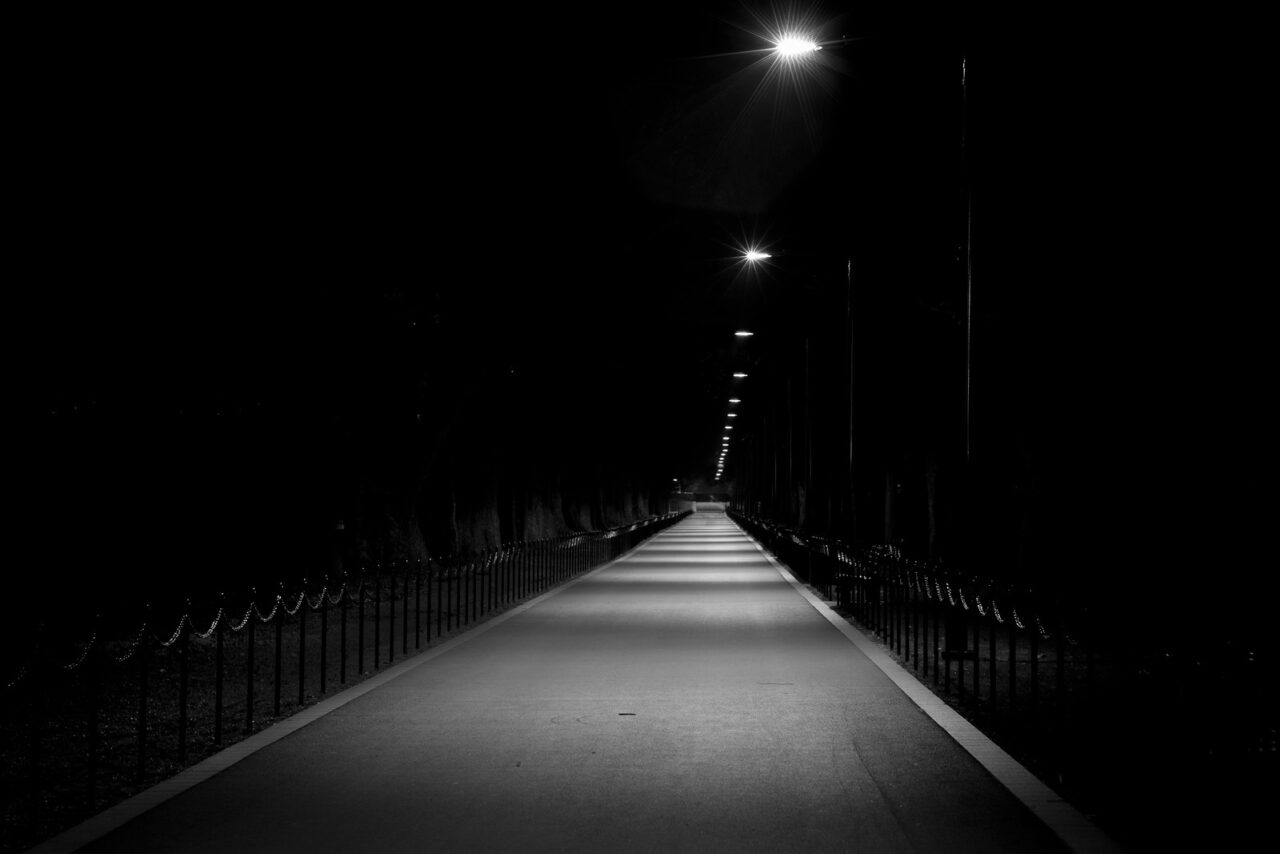‘Technically’ Connected?
‘Blue Monday’ in January has been manufactured as ‘the most depressing day of the year’ when we can often feel lonely. Taking into account:
- The weather,
- Length of time till next Christmas,
- Waiting for pay day
- Waning motivation for New Years Resolutions,
its no surprise things feel tough in January.
Feeling lonely can play a part in this. Whether it’s experiencing FOMO (fear of missing out) as friends are far away, or lacking finances, or being with others but feeling completely misunderstood. Either way, in a world now more technically connected than ever we are experiencing an absence of intimacy and depth of relationship. So serious is this that the UK has a Minister for Loneliness.
Feeling lonely as a consequence
The Office for National Statistics (ONS) reports that the UK now has 3.3 million people who are chronically lonely – an increase of 1 million since the COVID pandemic. This is of no surprise considering isolation was the cornerstone of the ever changing lockdown rules in the UK. However there were millions who were lonely before such significant changes occurred. Loneliness affects those across the board – ironically it is inclusive. Age, social class, situation or means cannot safeguard you from feeling lonely.
Quality over quantity
‘Friendship recession’ refers to the increasing number of people sharing they have experienced a loss or reduction in friends. Whether this is the natural loss that occurs as people leave school and grow up. The moving away, starting a career, continuing to study or starting a family. Or whether this is the result of more superficial friendships. Having a number of friends can still create loneliness when those friendships are not that deep. They can often create more feelings of stress and anxiety when those relationships do not feel like they can offer support and understanding.
Social media – not so social
While we are technically connected more than ever, this doesn’t actually make us more social. Knowing we can tap a screen and text or chat to anyone, anywhere has resulted in us being less social in our present lives. Those that spend more time on Facebook, Instagram or Snapchat may feel socially more isolated than those who don’t. Suggestions for this include when online lives do not match up to real life or how people can act and feel like ‘someone else’ online – see why are you different online The sheer scale of a persons followers or network doesn’t equate to how connected they feel.
How to help yourself
Basically loneliness is universal and an emotion that everyone feels. Moreover we are social beings and need to be part of a community, whether that’s:
- Family,
- Friends,
- Work,
- Sport,
- Hobbies/clubs,
- Charity /volunteering,
- Faith,
What can you do to help yourself?
Plan
It can be hard to do the things you want to when feeling lonely, so making a plan can be helpful.Setting some goals and deciding which areas of your life you would like to change or what you would like to do is the start of breaking down the goal to manageable steps.
Practise
Communicate with people. Smile, chit chat, talk to people you don’t know while waiting for a lift or doing your shopping. The more you practice the more comfortable you will be in your own skin.
Proactive
Seek out groups or people if you haven’t already. Find something that brings you joy whatever that may be and be prepared to keep trying if companionship isn’t immediate. Whether it’s flower arranging, crotchet, dungeon & dragons, learning to dive, finding a band or choir, or any sport – there will be a group somewhere with like minded people. Online can be great for information but the ‘in real life’ is where you experience a ‘real time’ connection in the moment.
Talk
With established relationships, if it feels safe, see if you are able to be more open and authentic. Can you share a little more on what you are thinking or feeling. Being able to show some vulnerability and be real offers the chance to deepen relationships and consequently feel more confident about yourself.
Talking with a trusted Counsellor offers a safe relationship to explore feelings and vulnerabilities.
Kind
Be kind to yourself. Whether you are neurodivergent, you’ve not had close relationships modelled, you are experiencing mental health issues, or you’re going through something – any of these can affect confidence making relationships difficult. So take care and be kind as you take steps to connect.
Accepting that most people feel lonely at sometime and can relate to how you feel may be enough to help change your mindset and take a chance to phone a friend or try something new.
If you are wondering how I can help you, click on the contact page to get in touch to arrange a chat.
About the author: Chris Boobier is the owner of CRB Counselling specialising in anxiety, trauma & loss. Supporting adults and adolescents, she is passionate about helping people be their authentic self through counselling.



